We all love a good bargain, but when it comes to furniture, that "too-good-to-be-true" price tag often comes with hidden costs. Here are 10 reasons why cheap, disposable furniture might not be the steal you think it is:
-
Short Lifespan: Disposable furniture is designed to be, well, disposable. It's made with cheap materials and construction methods that simply don't hold up over time. You'll likely find yourself replacing it sooner than you'd like.
-
Environmental Impact: The constant cycle of buying and throwing away furniture contributes significantly to landfill waste. These pieces often contain non-biodegradable materials and harmful chemicals that pollute the environment.
-
Hidden Health Hazards: Cheap furniture can off-gas volatile organic compounds (VOCs) like formaldehyde, which can cause respiratory problems and other health issues.
-
Lack of Durability: Flimsy construction means this furniture is easily damaged. A little roughhousing from kids or pets, or even just everyday use, can lead to wobbly legs, broken frames, and ripped upholstery.
-
Uncomfortable and Un-ergonomic: Cheap furniture often prioritizes price over comfort and ergonomics. This can lead to back pain, poor posture, and an overall unpleasant experience.
-
Limited Style Options: Disposable furniture tends to follow fleeting trends. You might find yourself stuck with a piece that quickly looks dated or doesn't match your evolving style.
-
False Economy: While the initial cost is low, constantly replacing cheap furniture adds up over time. You'll end up spending more money in the long run compared to investing in a few quality pieces.
-
Ethical Concerns: The production of cheap furniture often involves unethical labor practices and unsustainable sourcing of materials.
-
Lack of Resale Value: When you're tired of it, you'll likely have a hard time reselling or even donating disposable furniture due to its poor quality.
-
Contributes to a Throwaway Culture: Buying disposable furniture feeds into a culture of disposability, where we value convenience over sustainability and quality.
The Bottom Line: While the allure of cheap furniture is undeniable, it's important to consider the hidden costs. Investing in quality pieces that are built to last is not only better for your wallet and your health but also for the environment.


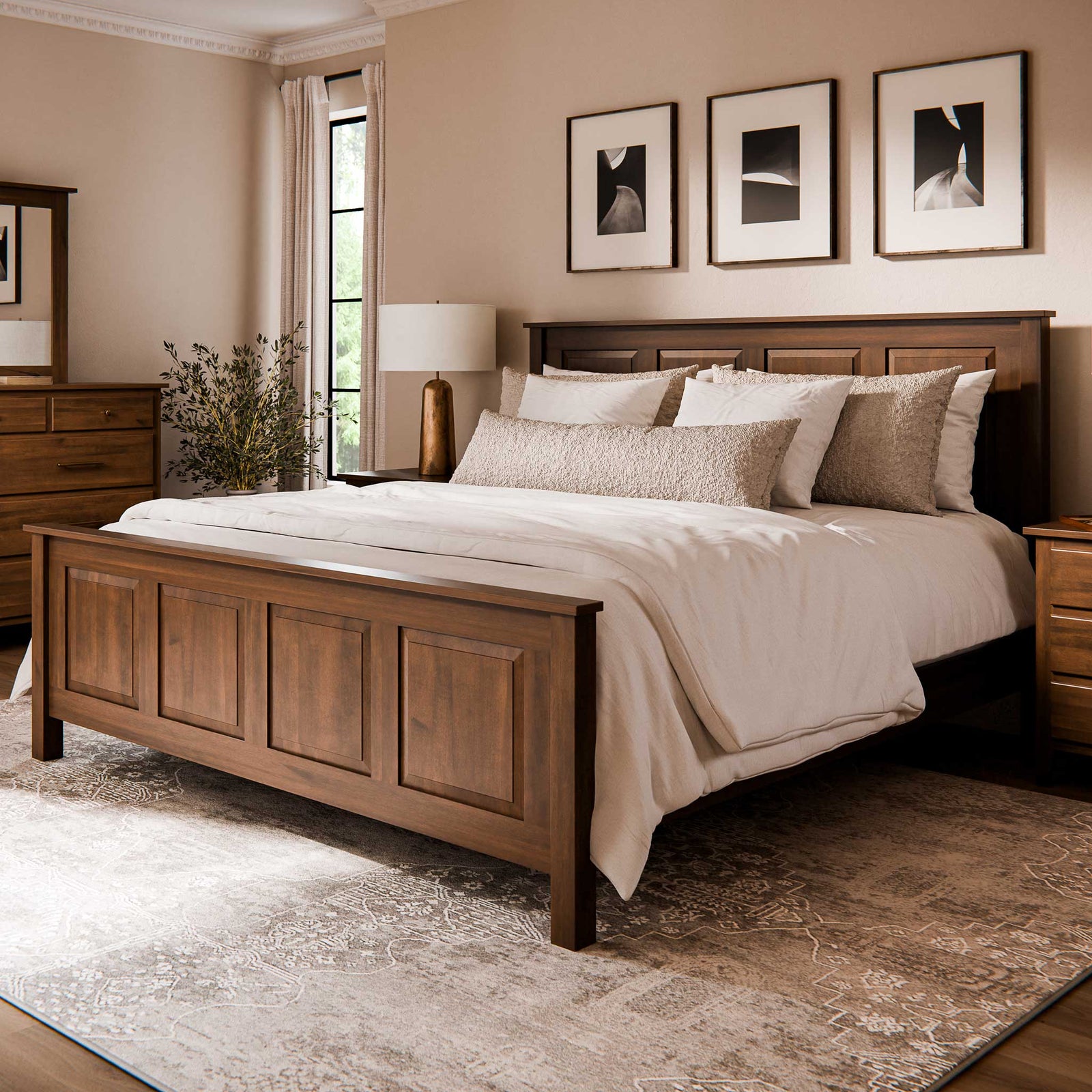

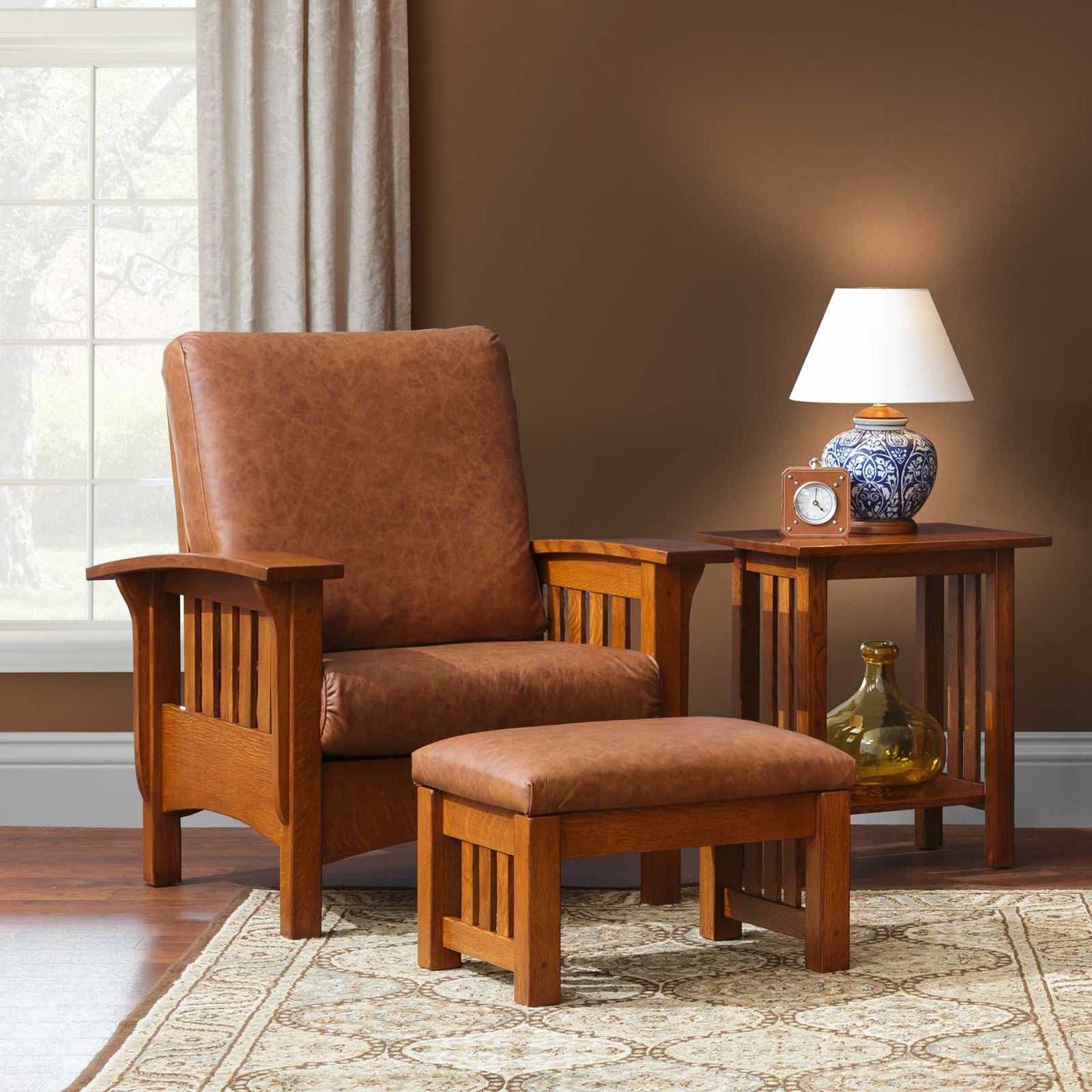

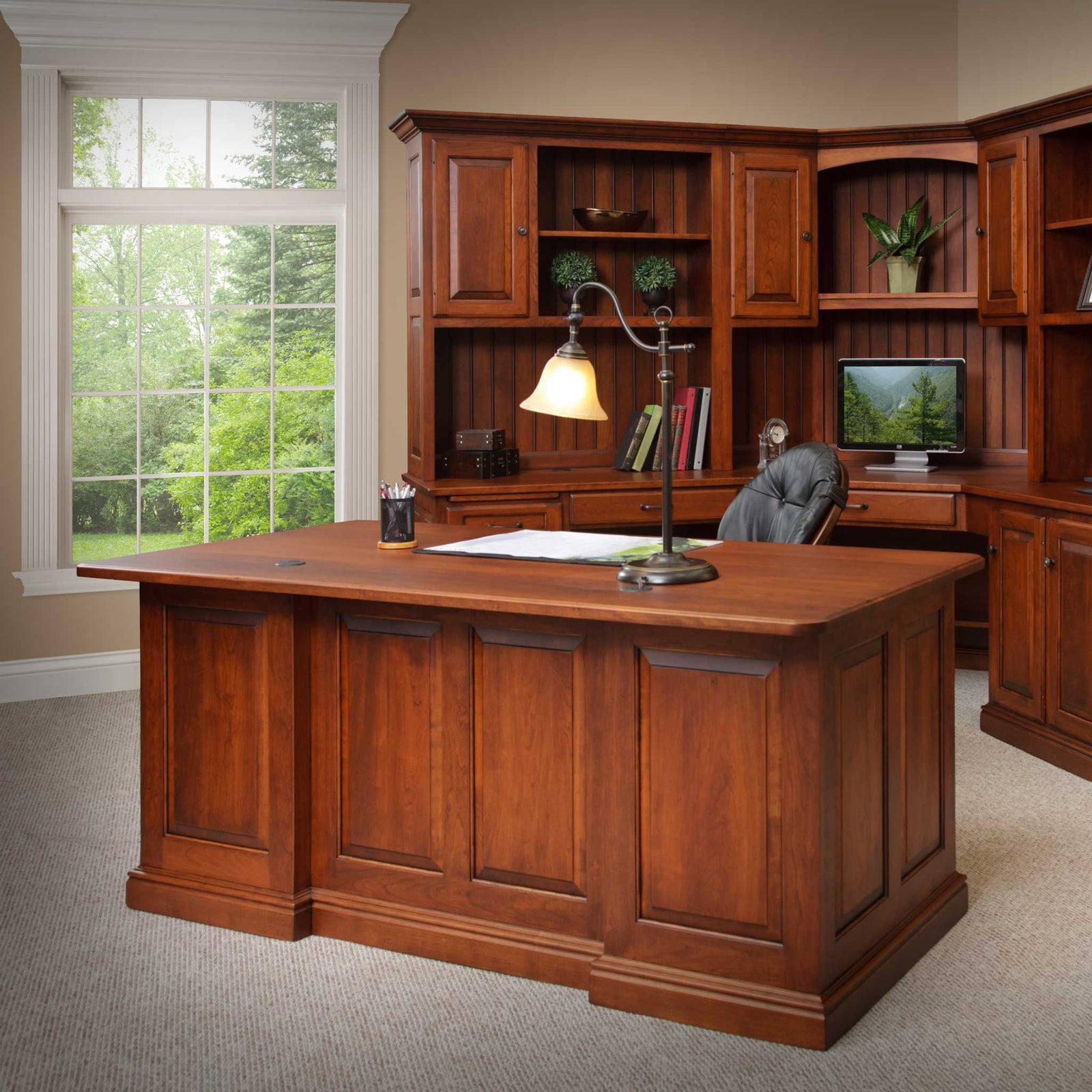

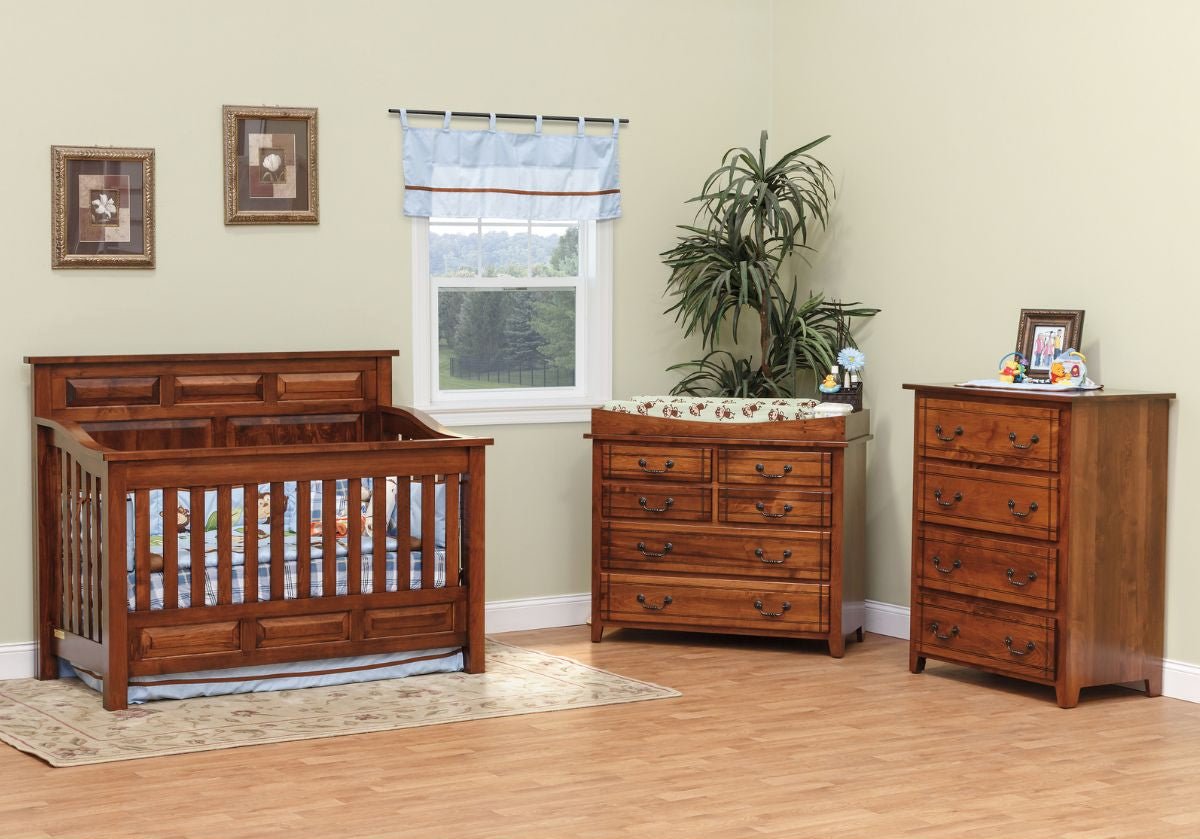

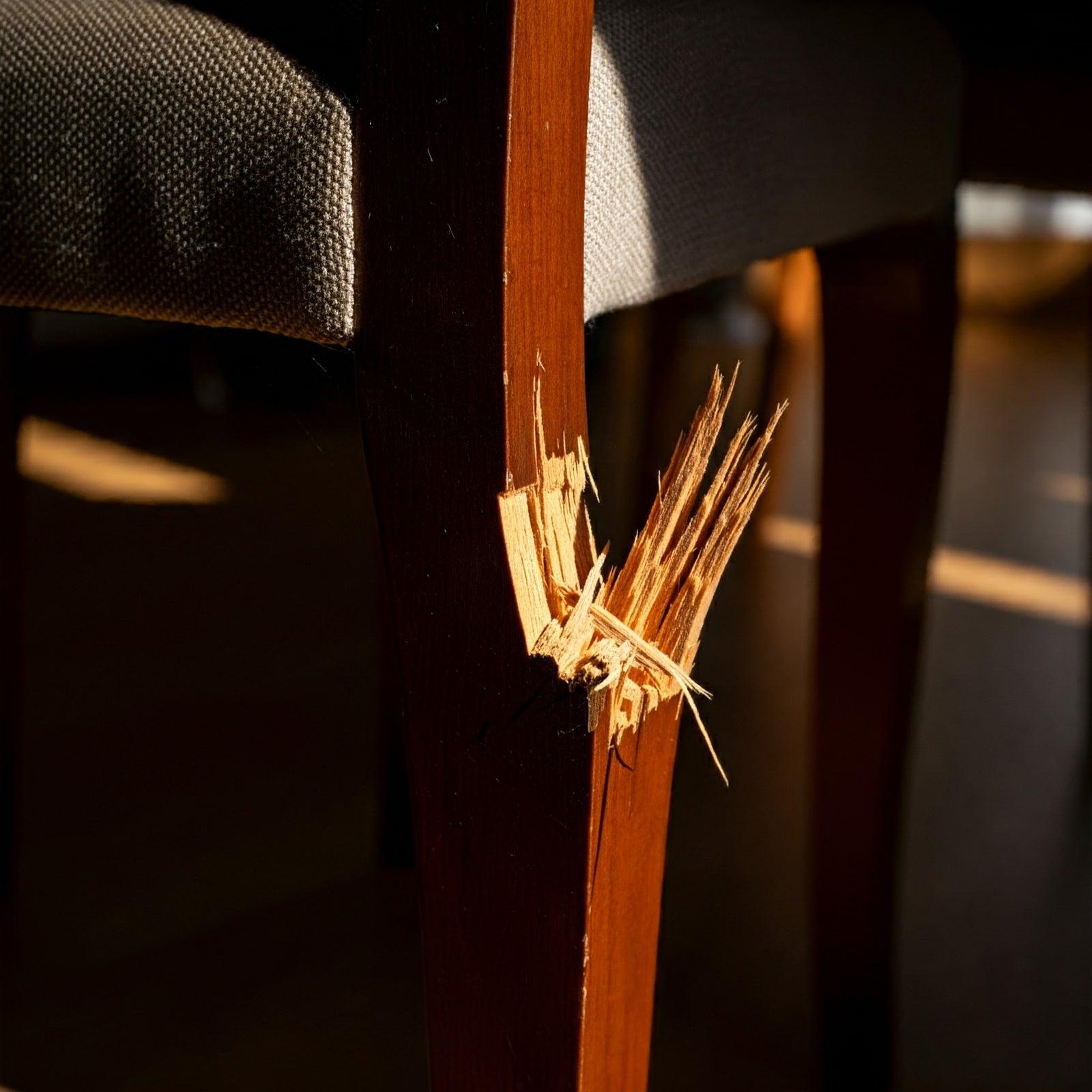



Leave a comment (all fields required)